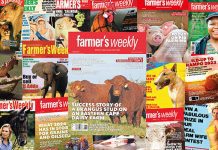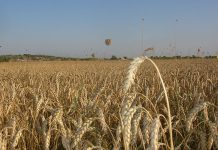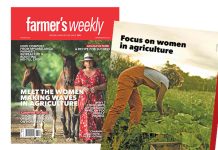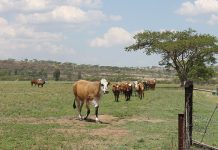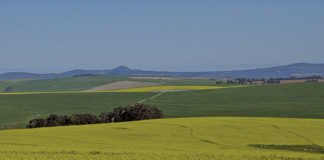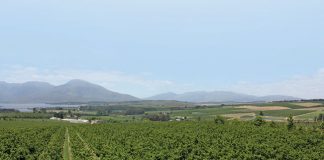The farming sector must get its house in order or run the risk of letting this opportunity to grow the sector slowly fade from the national agenda.
The ANC’s economic policy head, Enoch Godongwana, said that agriculture’s development plans would be discussed at the ANC’s upcoming National General Council in October. In an interview with Farmer’s Weekly, he said in no uncertain terms that the ANC wanted to see agriculture’s contribution to the economy grow.
But it is also clear that the ANC does not quite know how to achieve this and needs guidance and support from the sector on how to balance economic growth with transformation. If Godongwana and agriculture minister Senzeni Zokwana are to be believed, the ANC really does seek earnest engagement with the farming sector.
Speaking to farmers in Bredasdorp during Agri Mega Week recently, Zokwana said government needed commercial farmers “to help grow the agricultural sector and enhance food security, to successfully establish new small-scale farmers and help some of them to become commercial as well as to create new job opportunities”.
Unfortunately, the ANC’s crusade against private property rights does not create a platform of trust and friendship on which to meet with farmers. This is, however, only part of the problem. Despite some efforts to foster unity among farmers of different races and production levels, the different groupings within the agriculture sector have mostly failed to set aside their differences for the greater good of farming.
The Agri-Sector Unity Forum (ASUF) is conspicuous in its absence from the national debate. This grouping was formed with starry-eyed ideals to present a united agricultural front to engage with government. However, it lost the participation of the agribusiness sector when it became clear that the organisations representing the primary industry on the forum were struggling to find common ground.
No one said this would be easy. The ideological differences which separate organisations such as Afasa, Agri SA and TAU SA are complex and mostly valid.
There are even divisions forming within these organisations themselves. A few weeks ago Agri Limpopo, a member of Agri SA, released a discussion document criticising and distancing itself from the direction taken by Agri SA’s transformation committee.
But are these differences in opinion worth wasting what may be a once-off opportunity to work with government to see agriculture thrive?
How can we expect government to come up with a workable and coherent growth and development plan for agriculture, if the experts in this field, the farmers, cannot agree on one?
Denene Erasmus is the deputy editor of Farmer’s Weekly.

